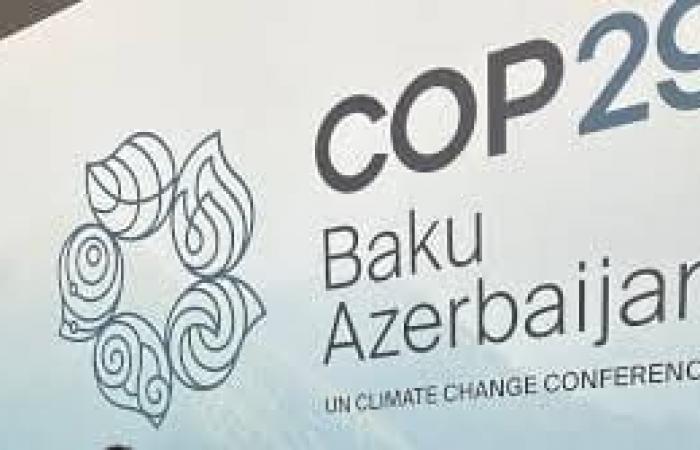After the usual pompous declarations at the last climate change conference in Baku, Azerbaijan, Africa’s environmental guardians and their international partnership are left with little more than a wish list for the future.
While developed countries are still racking their brains to find a balance between industry-generated profits and climate justice, the group of negotiators and African leaders at COP29 have set their sights on more money to help the continent to face climate change.
They are asking for at least $1.3 million per year by 2030.
This should be done on the basis of equitable climate finance, stronger global partnerships and urgent action to address the climate crisis on the continent that accounts for the least global emissions.
The United Nations Economic Commission for Africa (ECA) reminded in a statement from the Baku conference to the rest of the world, particularly the richest countries, that the continent, although least responsible for global emissions, suffers some of the most severe impacts of climate change, losing on average 5% of GDP each year to climate disruption.
For the ECA, equitable climate finance is the centerpiece of the strategy.
Instead of spending more on health and education, many African countries find themselves spending more on debt servicing each year, a situation that ECA and its partners say must change if the crusade against change climate must have a significant impact.
The Loss and Damage Fund, established at COP28, is a vital part of this effort. Implementation of the fund would provide essential resources to countries already suffering from floods, droughts and rising sea levels.
In several African countries, including Senegal, Nigeria, Guinea, Niger, Chad, Cameroon and Ghana, floods have led to serious humanitarian crises, affecting millions of people. Climate change observers have blamed this adverse climate situation directly on relentless emissions of greenhouse gases by industries in developed regions of the world, where profit trumps moral considerations regarding the environment.
Africa’s natural resources, particularly the Congo Basin, are an important priority as it absorbs 1.5 billion tonnes of carbon per year and has sequestered 31 billion tonnes to date. Currently, African carbon credits sell for just $5 per tonne on voluntary markets, compared to more than $80 on regulated markets.
African leaders are calling for a comprehensive framework to guide compliance markets, ensuring transparency and credibility in carbon trading.
It is hoped that by the next COP, significant progress will be made to save Africa and the rest of the world’s deprived but ravaged regions from further climate crises.
MG/as/fss/Sf/teAPA






